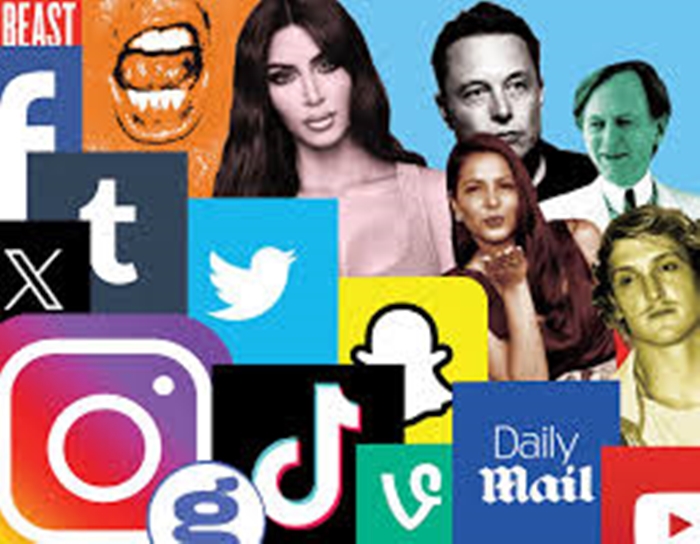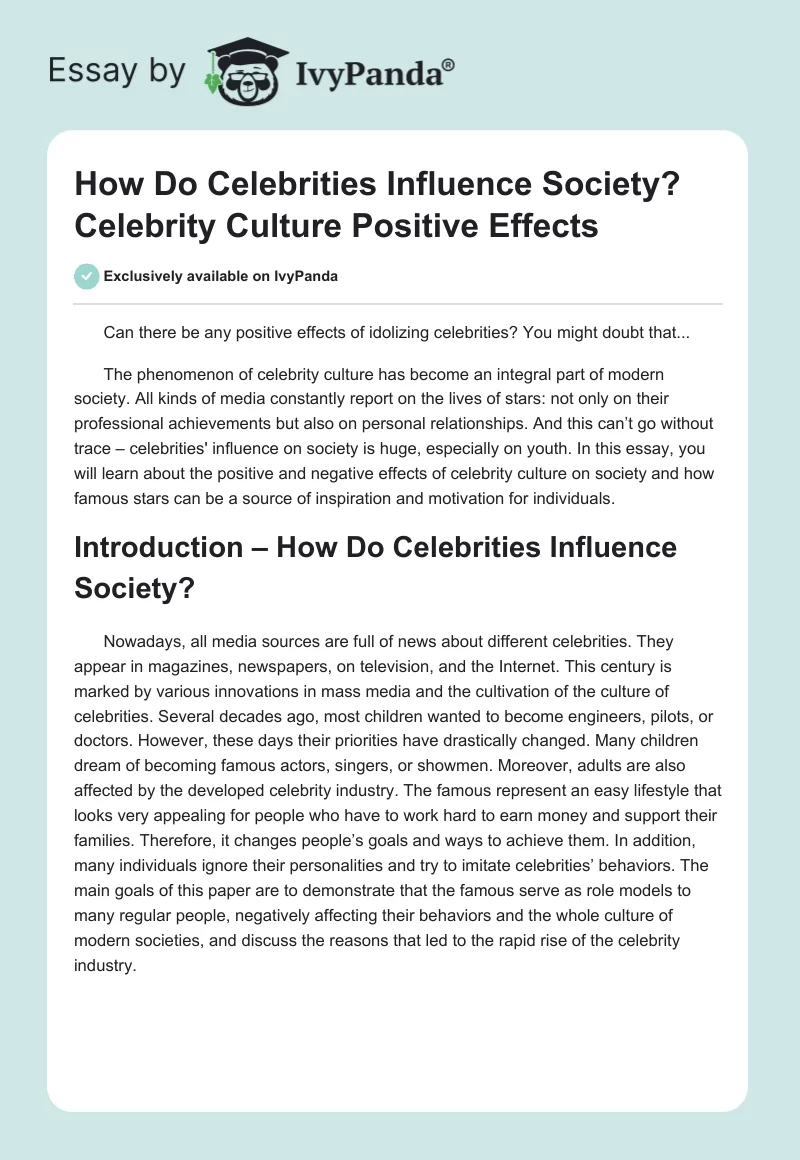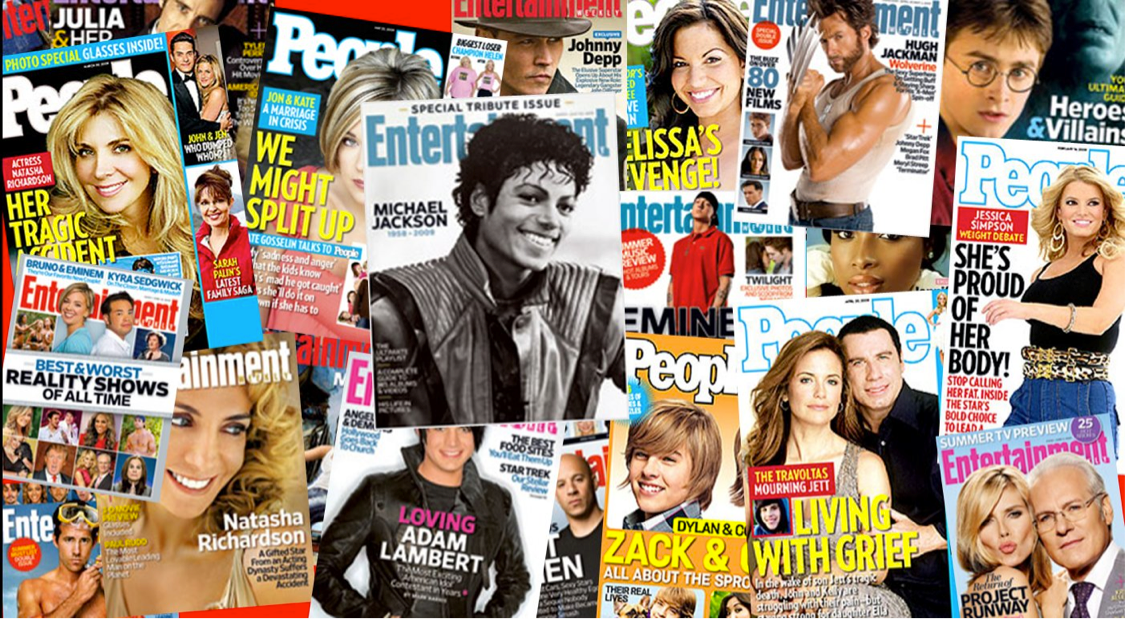Celebrity Culture's Impact: The Good, The Bad & The Obsession
Do we truly understand the pervasive influence of those figures who dominate our screens and social feeds? Celebrity culture isn't just harmless entertainment; it's a powerful force shaping our values, aspirations, and even our identities, for better and for worse.
The 21st century finds us grappling with the ever-expanding reach of "celebrity culture". It's a phenomenon that's been dissected, analyzed, and often criticized, especially regarding its impact on younger generations. The initial question, "Are today's youth obsessed with celebrities?" opens a Pandora's Box of complex societal influences. It is detrimental? That depends on the lens through which we examine it. The reality is far more nuanced than a simple yes or no answer. To truly understand the breadth of celebrity culture, we must investigate its positive and negative aspects, acknowledging its profound impact on society and its individuals.
| Aspect | Description |
| Definition of Celebrity Culture | A social system where individuals attain widespread public recognition and influence, shaping trends and values. |
| Key Influencers | Actors, musicians, athletes, social media influencers, and public figures. |
| Impact on Teenagers | Shapes body image, aspirations, consumer habits, and social behavior. |
| Positive Aspects | Inspiration, advocacy for causes, promotion of healthy lifestyles. |
| Negative Aspects | Unrealistic expectations, materialism, body image issues, mental health concerns. |
| Role of Social Media | Amplifies celebrity influence, allows direct interaction, creates parasocial relationships. |
| Consumerism | Celebrities are commodified and used to promote products and lifestyles. |
| Cultural Norms | Celebrities often set or popularize trends in fashion, beauty, fitness, and more. |
| Challenges | Balancing positive and negative impacts, navigating the digital age, addressing ethical concerns. |
| Reference Website | Britannica - Celebrity |
One of the clearest ways to see how this influence plays out is by looking at body image. Research consistently demonstrates that teen body image is sculpted by multiple factors. Friends, family, environment, and cultural background all weave into a teen's sense of self. Yet, celebrity images exert an undeniable and often profound influence. A YouGov survey revealed that the majority of Americans believe that the media has a negative impact on womens body image, and celebrities are a large part of that media landscape. Flawless photoshopped images, unattainable beauty standards, and the constant pressure to conform contribute to anxieties and insecurities among young people.
- Dan Reynolds Aja Volkman Inside Their Divorce Life After
- Josh Gates Divorce The Truth About His Marriage Split
However, the narrative isn't exclusively negative. Celebrities, by leveraging their platforms, can also inspire positive change. Some use their influence to advocate for important causes, raising awareness about social issues, environmental concerns, and human rights. Others promote healthier lifestyles, encouraging exercise, balanced diets, and mental well-being. In this capacity, celebrities serve as role models, demonstrating that fame can be wielded for good. Its the classic duality, the angel and demon residing within the same powerful being.
Social media acts as both a catalyst and amplifier for celebrity culture. Platforms like Instagram, Twitter, and TikTok have revolutionized the way celebrities interact with their fans. No longer confined to traditional media outlets, celebrities now have a direct line of communication, allowing for unprecedented levels of engagement and interaction. This can foster a sense of connection, creating parasocial relationships where fans feel like they personally know their idols. While this direct access can be empowering for fans, it also blurs the lines between reality and fiction, potentially leading to unrealistic expectations and a distorted perception of celebrity lives. This digital transformation has amplified both the good and bad of the celebrity phenomenon.
The marketplace is not immune to the force of celebrity culture. It's a world driven by consumerism, where celebrities themselves have become commodities. They are bought and sold, packaged and marketed, their images used to promote everything from luxury cars to weight-loss supplements. This commodification of celebrity raises ethical questions about authenticity, transparency, and the potential exploitation of both celebrities and their fans. Endorsements hold significant sway, and research indicates that negative celebrity publicity can have detrimental effects on consumer behavior, especially concerning endorsements. In essence, when a celebrity's image is tarnished, the products they represent suffer as well.
- Sabrina Carpenters Stats Why You Cant Find Them Explained
- Dolphin Births Facts Fiction Myths Debunked Discover
The very nature of culture is a continuous phenomenon and process; it is challenging to criticize it directly. However, the tangible results of this process are subject to critique. When diversity is not celebrated, culture can be profoundly negative, leading to insularity, prejudice, and a lack of understanding. The "dark side of celebrity obsession" emerges when harmless admiration spirals into unhealthy fixation. This excessive obsession can have negative impacts on individuals and society. For individuals, it can cultivate unrealistic expectations, leading to dissatisfaction with one's own life. The constant comparison to seemingly perfect celebrity lives erodes self-esteem and fuels a relentless pursuit of unattainable ideals. The psychological consequences can be significant, contributing to anxiety, depression, and a distorted sense of reality.
Consider the rise of "influencer culture," a sub-section of celebrity culture that has profoundly impacted society. Influencers possess the power to set and popularize trends in fashion, beauty, fitness, food, and more. Their followers look to them for the latest styles, products, or practices, leading to viral trends that can spread globally with incredible speed. While some influencers promote positive messages and advocate for worthwhile causes, others prioritize consumerism and self-promotion, potentially perpetuating harmful stereotypes and unrealistic expectations. It's a landscape that demands critical thinking and media literacy.
Navigating the complexities of celebrity culture requires a balanced approach. It's about acknowledging its power, understanding its potential pitfalls, and developing the critical thinking skills necessary to discern between genuine inspiration and manipulative marketing. Celebrities, too, have a responsibility to wield their influence ethically, promoting positive messages, and being mindful of the impact they have on their fans. Striking this balance is a continuous challenge, especially as social media continues to evolve. Celebrities must contend with the constant pressure to maintain their image, engage with fans, and navigate the ever-changing landscape of online culture. The stakes are high, as their actions can have far-reaching consequences.
The systematic review by Yumin Sun published on January 1, 2022, delves into the complexities of the celebrity effect and its impact on the consumer economy. This scholarly work offers valuable insights into how celebrity endorsements and brand associations influence consumer behavior. It further emphasizes the economic dimension of celebrity culture, highlighting its significance in marketing and advertising strategies. The publication is a crucial resource for those seeking to understand the economic ramifications of celebrity influence.
Ultimately, social medias impact on celebrity culture reflects the broader transformation of our society into a more interconnected, accessible, and complex digital landscape. As such, it is imperative to develop strategies for harnessing the positive aspects while mitigating the negative consequences. This requires a collective effort from celebrities, media outlets, educators, and parents to promote responsible consumption, critical thinking, and a healthy sense of self-worth.
Celebrities influence our aspirations, attitudes, and behaviors, shaping cultural norms and individual identities in profound ways. Recognizing this influence is the first step towards navigating the complexities of celebrity culture and ensuring that it serves as a force for good rather than a source of harm. The conversation must extend beyond superficial admiration and delve into the deeper societal implications of this pervasive phenomenon. What are the ethical obligations of celebrity? What responsibility do we, as consumers of celebrity culture, have? These are the critical questions that must be addressed in order to shape a more balanced and responsible relationship with the figures who dominate our cultural landscape.
On the positive side, celebrities can inspire people to pursue their dreams, advocate for important causes, and adopt healthier lifestyles. It is critical to recognize that the ways in which people look to celebrities for health advice may stem from the broader context of consumerism. In our current capitalist society, celebrity culture appears to be one of the many entities that have been commoditized, and celebrities themselves have become products that can be bought and sold.
Social media facilitates better communication as well as the development of stronger connections and connectivity around the world. However, the tangible results of this process are subject to critique. When diversity of cultures is not celebrated, culture can be profoundly negative, leading to insularity, prejudice, and a lack of understanding. This unhealthy fixation on celebrities can lead to unrealistic expectations and dissatisfaction with ones own life.
The sociological analysis of morality suggests that an individual's concerns with moral norms of the target celebrity's personal conduct (deontology) and perceived wrongness of his/her act to the general public (teleology) have detrimental effects on celebrity endorsements.
Influencers often set or popularize trends in fashion, beauty, fitness, food, and more. Their followers look to them for the latest styles, products, or practices, leading to viral trends that can spread globally.
- Bible Tattoos What Does The Scripture Really Say
- Katy Perry From Gospel To Global Pop Icon Facts Life

The Impact of Celebrity Culture on Society

How Do Celebrities Influence Society? Positive and Negative Effects of

Celebrity Influence on Today’s Society Natalie LaFreniere Medium